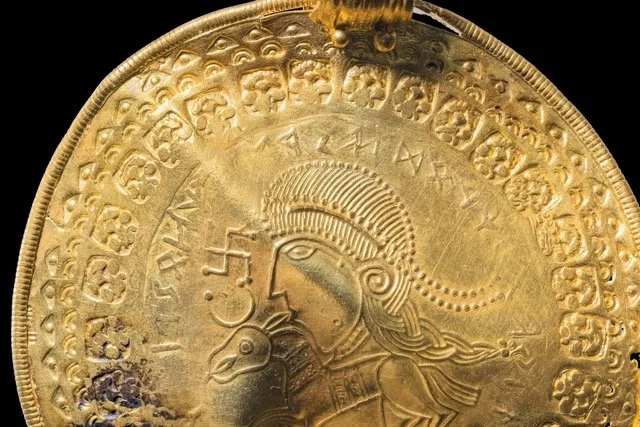About
Elizabeth Anne Brown is an award-winning freelance journalist with bylines in top national magazines and newspapers. She’s based in Copenhagen, Denmark.
Elizabeth Anne is a frequent contributor to National Geographic and the New York Times, specializing in stories about nature, animals, and the people who study them. You can also find her work in Scientific American, MIT Tech Review, and Science News.
Prior to her career in journalism, Elizabeth Anne trained as a field biologist — she sunbathed with lemurs, helped develop a puppy IQ test, and lassoed endangered crocodiles in the cooling canals of a nuclear power plant.
Recent work
Scientific American: Denmark’s Radical Archaeology Experiment Is Paying Off in Gold and Knowledge
The Danish government deputized private detectorists to unearth artifacts buried in farm fields. Their finds are revealing the country’s past in extraordinary detail.
New York Times: Your DNA Can Now Be Pulled From Thin Air. Privacy Experts Are Worried.
David Duffy, a wildlife geneticist at the University of Florida, just wanted a better way to track disease in sea turtles. Then he started finding human DNA everywhere he looked.
The results of his research, published Monday in the journal Nature Ecology & Evolution, demonstrate that scientists can recover medical and ancestry information from minute fragments of human DNA lingering in the environment.
Forensic ethicists and legal scholars say the Florida team’s findings increase the urgency for comprehensive genetic privacy regulations. For researchers, it also highlights an imbalance in rules around such techniques in the United States — that it’s easier for law enforcement officials to deploy a half-baked new technology than it is for scientific researchers to get approval for studies to confirm that the system even works.
This story was the New York Times’ ‘the Great Read’ on May 15 and ran as the Science Times’ cover story in the May 16 print edition.





